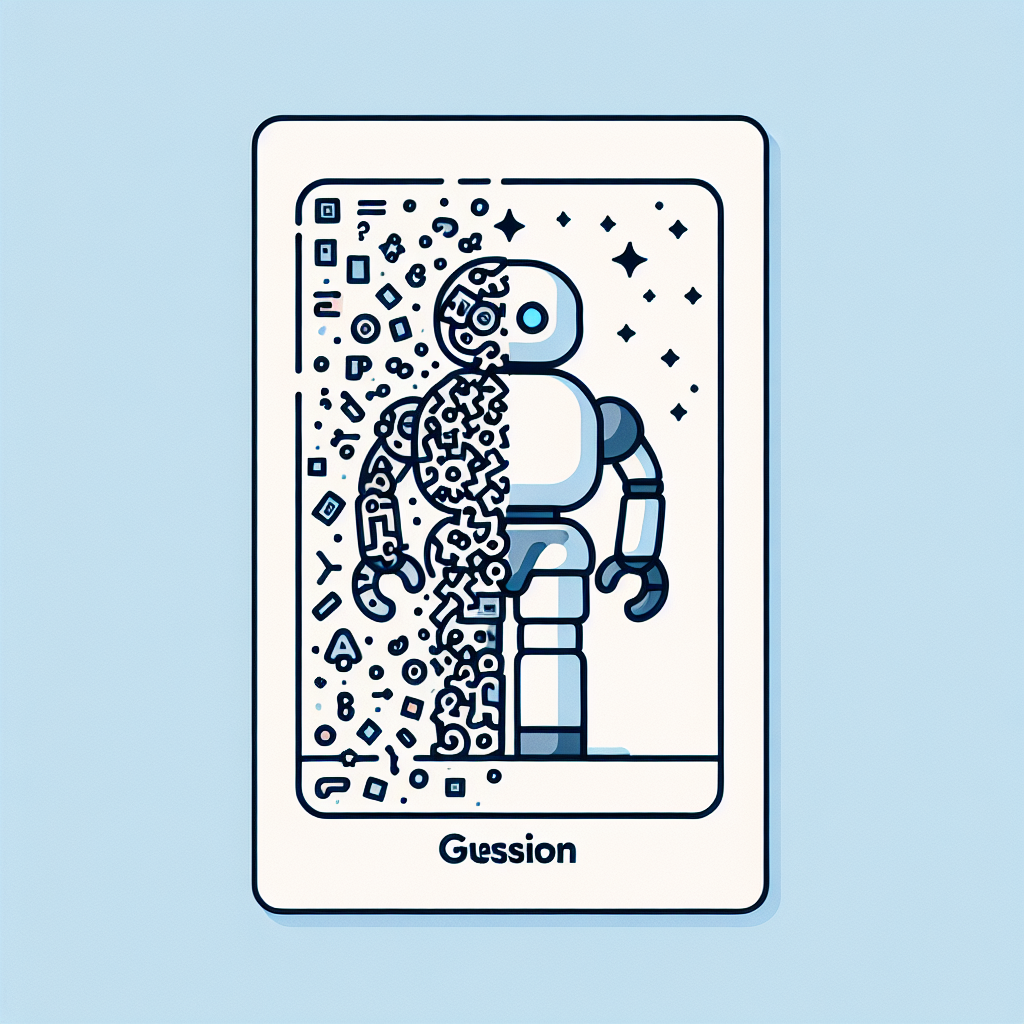Why training AI in your brand voice and rethinking SEO for AI search are now core marketing competencies
Let’s start with something that’s been quietly shifting under our feet; AI isn’t just writing for your brand anymore. It’s starting to be your brand. Or at least, it’s trying to. The question now is whether it sounds like you, or like a robot who skimmed your About page once and got a little overconfident.
HubSpot’s latest guide tackles this head-on, treating AI not as some magical content vending machine but as a junior hire. One that needs onboarding, coaching, and a decent amount of hand-holding. Think less “push-button copywriter,” more “eager intern with infinite stamina.” The guide walks through how to train AI to reflect your tone, structure, and emotional cues, just like you would with a new team member. Justin Blackman, who knows a thing or two about voice, recommends building out detailed brand voice guidelines that your AI can refer to and, ideally, internalize.
Why bother? Because scaling content without losing your brand’s personality is harder than it sounds. And AI, left to its own devices, tends to default to bland. Marketers who treat AI as a living part of the team—one that learns and evolves—are the ones who’ll end up with content that actually connects.
Where That Content Ends Up
Now, let’s talk about where that content ends up; or, more to the point, how it gets found.
Ahrefs dropped a new analysis this week that pokes a big hole in the old SEO playbook. The short version: traditional SEO metrics like domain authority and backlink count? They don’t seem to matter much when it comes to AI-generated answers. ChatGPT, for instance, shows almost no correlation between link metrics and citation frequency. And Google’s AI Overviews? They’re citing Reddit threads and YouTube videos more than high-authority sites.
So what’s going on here? AI search engines are behaving more like people than machines. They’re prioritizing content that feels useful, specific, and conversational, regardless of its technical SEO pedigree. It’s less about who’s got the most backlinks and more about who’s saying something that sounds real.
For marketers, that means a shift. If you’re doing it right, you’re writing for the next generation of search—not just the current one. It has to be clear, contextual, and trustworthy, not just keyword-rich. In other words, you need to be the kind of content the machine wants to represent the conversation.
Quick Reads Worth Bookmarking
- Secrets of Savable Content: Turns out, content that people save is a better predictor of reach and retention than content they just like or share. HubSpot breaks down five traits that make content worth saving. Think usefulness, emotional pull, and a bit of novelty.
- Brand SEO in the Age of AI: If you’re wondering how to actually show up in AI-powered search, Ahrefs has a solid 7-step framework. It’s not rocket science; but it’s definitely not your 2015 SEO checklist either.
- Paid + Organic, Together at Last: Creative strategist Grace Wells makes the case for merging your ad data with your organic insights. Her take? If your messaging doesn’t work across both, it probably doesn’t work at all.
The Takeaway
AI isn’t replacing marketers. It’s just raising the bar. If your content doesn’t sound like you, or if your SEO strategy still thinks Google’s the only game in town, you’re going to feel it. But if you’re willing to teach the machines how to represent you—and create content that earns trust instead of just traffic—you’re already ahead.
That’s it for today, folks.
Catch you in the next post.
Until then, keep building.
– Perfect Sites Blog

